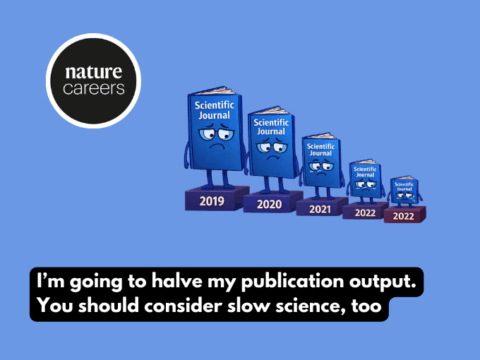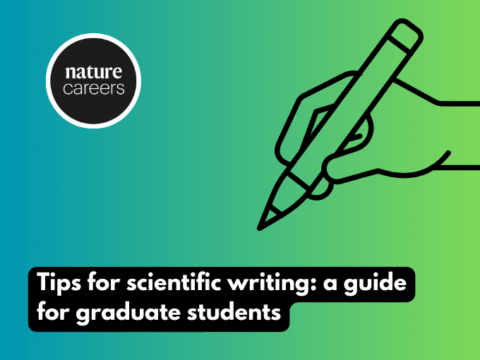
A spokesperson from the NIH’s Office of Extramural Research says that the agency often creates working groups of external scientists to tackle emerging issues
Funding agencies worldwide must abolish the systemic barriers that have historically prevented female academics, including researcher-mums, from moving forward professionally, says a coalition of organizations around the globe that collectively represent millions of women in science, technology, engineering, mathematics and medicine (STEMM).
The coalition, led by Mothers in Science (MIS) — an international non-profit organization based in France — released a report this month that outlines policies for funders that, it says, will banish the long-standing discrimination against scientist-mums and overall gender bias in the scientific enterprise.
Such discrimination, the report says, drives mothers out of research careers and stymies all female scientists’ career advancement. Grant agencies must adopt schemes that block built-in bias, such as providing funds for women on parental leave to replace themselves in the lab, and modifying grant applications to allow an accounting for lost productivity during that leave, the report says. Because success in academic research is based on bringing in money, coalition members say that the global funding system has an obligation to acknowledge the hardships researcher-parents face and to ensure that agencies are awarding grants and fellowships fairly.
The call to action follows a global survey, conducted by MIS and five partners in 2020, that tried to quantify the ‘maternal wall’ — a series of obstacles in academia that limits scientist-mums’ career progression. That survey found that in the years after starting their families, mothers often encountered bias and discrimination, prompting many to leave their full-time jobs.
Read the full article on Nature Careers – https://www.nature.com/articles/d41586-023-00252-5

 Print This Post
Print This Post




